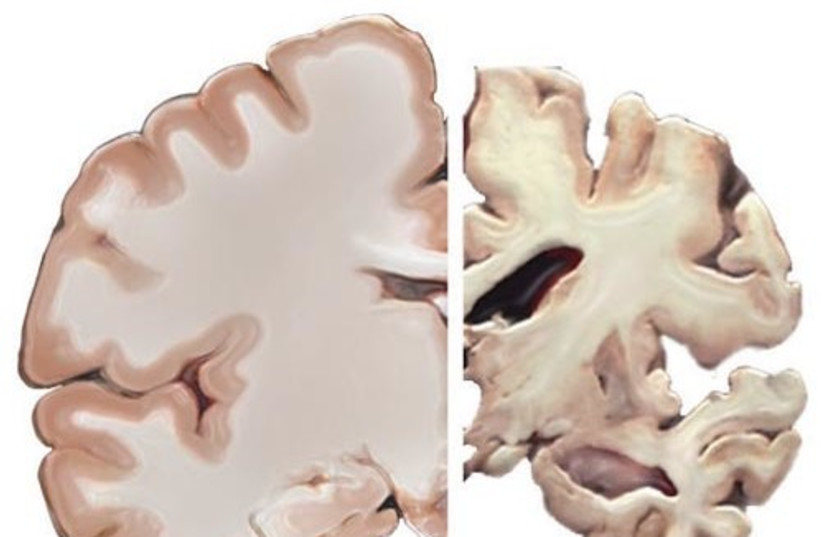Using machine learning, researchers at Imperial College London have developed an algorithm that can accurately diagnose Alzheimer’s disease from a single MRI brain scan. The system is more accurate than any pre-existing diagnostic tool available to doctors and can also distinguish early-stage disease from more advanced stages, according to the new research.
The research, published Monday in the peer-reviewed Nature Portfolio Journal, Communications Medicine, tested the new algorithm on scans of more than 400 patients with early and later stage Alzheimer’s, patients with other neurological conditions, as well as healthy controls.
Study results
The MRI-based machine learning system was found to accurately predict whether someone had Alzheimer’s disease in 98 percent of cases. The system was also able to determine in 79 percent of patients whether they had the early or late-stage disease.

Alzheimer’s disease is characterized by progressive cognitive impairment. It is one of the most common causes of dementia worldwide, with common symptoms including difficulties with language, problem-solving, and thinking, along with memory loss. Currently, there is no cure for the illness, but early detection can improve treatment.
Just one test
At present, a variety of tests are performed to diagnose Alzheimer’s disease, including memory and cognitive tests and brain scans. The scans are used to check for protein deposits in the brain and shrinkage of the hippocampus, the area of the brain linked to memory. All of these tests can take several weeks, both to arrange and to process. The new approach requires just one of these – a standard MRI scan.
"Waiting for a diagnosis can be a horrible experience for patients and their families."
Professor Eric Aboagye
Professor Eric Aboagye, from Imperial’s Department of Surgery and Cancer, who led the research, said: “Currently no other simple and widely available methods can predict Alzheimer’s disease with this level of accuracy, so our research is an important step forward. Many patients who present with Alzheimer’s at memory clinics do also have other neurological conditions, but even within this group our system could pick out those patients who had Alzheimer’s from those who did not.
“Waiting for a diagnosis can be a horrible experience for patients and their families. If we could cut down the amount of time they have to wait, make diagnosis a simpler process, and reduce some of the uncertainty, that would help a great deal. Our new approach could also identify early-stage patients for clinical trials of new drug treatments or lifestyle changes, which is currently very hard to do.”
